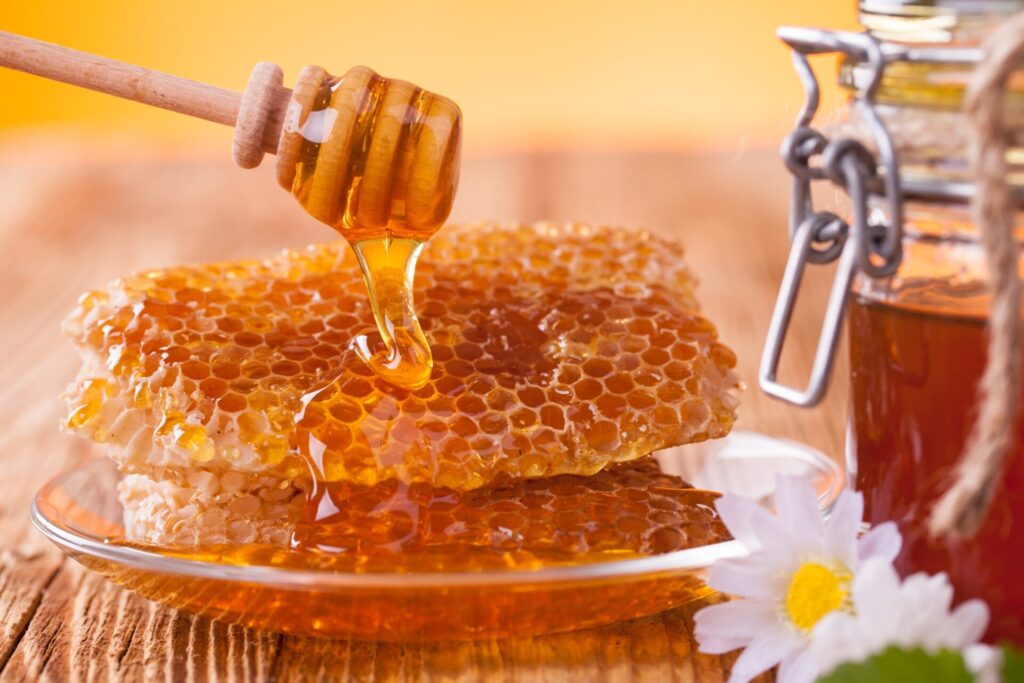
For centuries, honey has been revered for its medicinal properties. But did you know a specific type of honey – Manuka honey – shows promise in aiding wound healing? This blog post explores the potential of Manuka honey for promoting wound recovery in the comfort of your own home, alongside the guidance of a healthcare professional.
What is Manuka Honey?
Manuka honey comes from bees that pollinate the Manuka bush, native to New Zealand and Australia. This unique honey contains a compound called methylglyoxal (MGO), which is believed to be responsible for its antibacterial and anti-inflammatory properties.
How Can Manuka Honey Help Wounds Heal?
Manuka honey offers a multi-pronged approach to wound healing:
- Antibacterial power: MGO may help combat bacteria that can slow healing and increase infection risk.
- Reduced inflammation: Manuka honey’s anti-inflammatory properties can potentially soothe the wound and promote tissue repair.
- Moist wound environment: Honey’s natural sugars help create a moist environment, which is ideal for wound healing.
- Debridement (removal of dead tissue): Manuka honey may gently remove dead tissue, aiding in a clean healing process.
Using Manuka Honey for Wound Care at Home
While Manuka honey holds promise, it’s crucial to remember:
- Consult your doctor first: Discuss Manuka honey as part of your wound care plan. They can assess if it’s suitable for your specific wound and advise on proper application.
- Use medical-grade Manuka honey: Look for honey labeled as “medical grade” and with a high MGO rating (指標 shihyou, indicator) – typically above MGO 100.
- Sterile application is key: Always wash your hands thoroughly and use sterile dressings when applying Manuka honey.
- Follow doctor’s instructions: Apply the honey as directed by your healthcare provider, typically on a clean dressing placed over the wound.
Important Considerations
- Manuka honey is not a magic bullet: It should be used alongside traditional wound care practices as instructed by your doctor.
- Research is ongoing: While studies show promise, more research is needed to definitively confirm Manuka honey’s effectiveness for all wound types.
- Cost factor: Medical-grade Manuka honey can be expensive. Discuss cost with your doctor and explore insurance coverage options.
Conclusion
Manuka honey offers a natural approach to supporting wound healing at home, but always consult your doctor before incorporating it into your wound care routine. With proper guidance and traditional wound care practices, Manuka honey may be a valuable addition to your healing journey.
Recent Comments